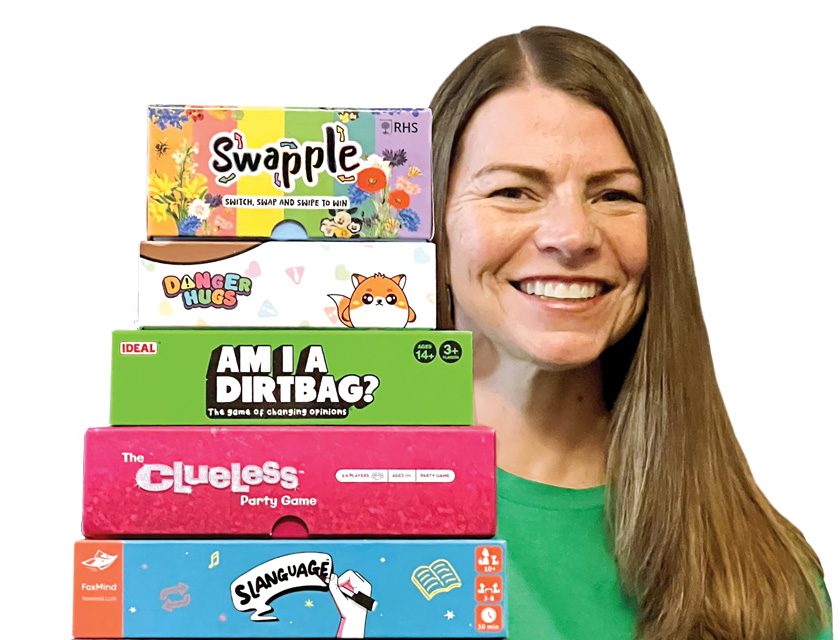In trying to prevent 2 pro-patent bills, high-tech companies try to revive a tired falsehood
Those that shout the loudest about patent owners either need to be considered trolls themselves or this pejorative label needs to be retired.
BY GENE QUINN
All Eye on Washington stories initially appeared at IPWatchdog.com.
Efforts by high-tech companies to undermine both the Patent Eligibility Restoration Act of 2023 and the Promoting and Respecting Economically Vital American Innovation Leadership Act ramped up in mid-March, via a joint letter sent to the Senate Judiciary Committee by a number of tech industry organizations and a campaign launched by the Electronic Frontier Foundation.
PERA was introduced in June 2023 by Sens. Thom Tillis (R-N.C.) and Chris Coons (D-Delaware). PREVAIL was introduced on the same day by Tillis and Coons, who were joined by colleagues Dick Durbin (D-Illinois) and Mazie Hirono (D-Hawaii). PERA would eliminate all judicially created exceptions to U.S. patent eligibility law. PREVAIL would make a number of changes aimed at reforming the Patent Trial and Appeal Board.
The joint letter was signed by organizations including the High-Tech Inventors Alliance, the Computer & Communications Industry Association, The App Association, United for Patent Reform and others. It urged Senate Judiciary Committee Chair Durbin and Ranking Member Lindsey Graham (R-S.C.) not to move forward on PERA because it “would turn the U.S. patent system upside down, severing patent rights from their historic mooring to improvements in technology.”
The letter also presaged a “wave of crippling litigation against American manufacturers, innovative technology companies, and main street businesses.” To illustrate the harms, it listed a number of patents that have been killed under Section 101 of U.S. patent law but that the authors claim would be allowed under PERA, which they say “would do serious harm to the American innovation economy.”
The campaign by EFF—a self-proclaimed “digital rights group”— predictably revived the “patent troll” narrative, urging members of the public to tell Congress to kill the two bills. (Editor’s note: A patent troll, or hoarder, is a derogatory term used to describe a company that exploits patent infringement claims for profit or to hinder competition.)
Who’s the troll?
The patent troll narrative always was a big lie.
Those who continue to use this label are engaging in subterfuge to obscure the obvious: The policies they have championed for the past 15 years have destroyed the American innovation ecosystem and given China and Europe the upper hand in cutting-edge areas like artificial intelligence.
It is, of course, true that there are bad actors in the patent litigation ecosystem, including many who bully innovators by engaging in what is known as efficient infringement (i.e., the realization it is ultimately cheaper to steal than to pay for what you take). Some efficient infringers even proudly proclaim they will never take a license ever until they’ve spent hundreds of millions of dollars fighting all the way to the Supreme Court, as Apple has gone on record saying at the International Trade Commission.
Of course, the EFF and so many in the media never call Apple a patent troll. Why? Apple held up Samsung using only its design patents, crying for many years about how Samsung should be ordered to pay billions of dollars simply because it made a phone that resembled the iPhone. And Apple makes nothing in the United States, importing everything from overseas.
Apple, and many others that shout the loudest about patent owners, either need to be considered trolls themselves or this pejorative label needs to be retired. Because only in an Orwellian world full of doublespeak can such a truly bad actor skate free and innovators be wrongfully vilified as bad actors.
And as far as the claims in both the letter and of EFF that dozens of bad patents would suddenly be allowed under PERA, it is a bridge too far to say claims are allowable simply because they successfully overcome the Section 101 exclusions to patent eligibility.
There are other parts of the statute that need to be satisfied for a claim to be allowable—including Section 102, which relates to novelty, Section 103, which relates to obviousness, and Section 112, which relates to adequately describing the invention and actually having an invention.



